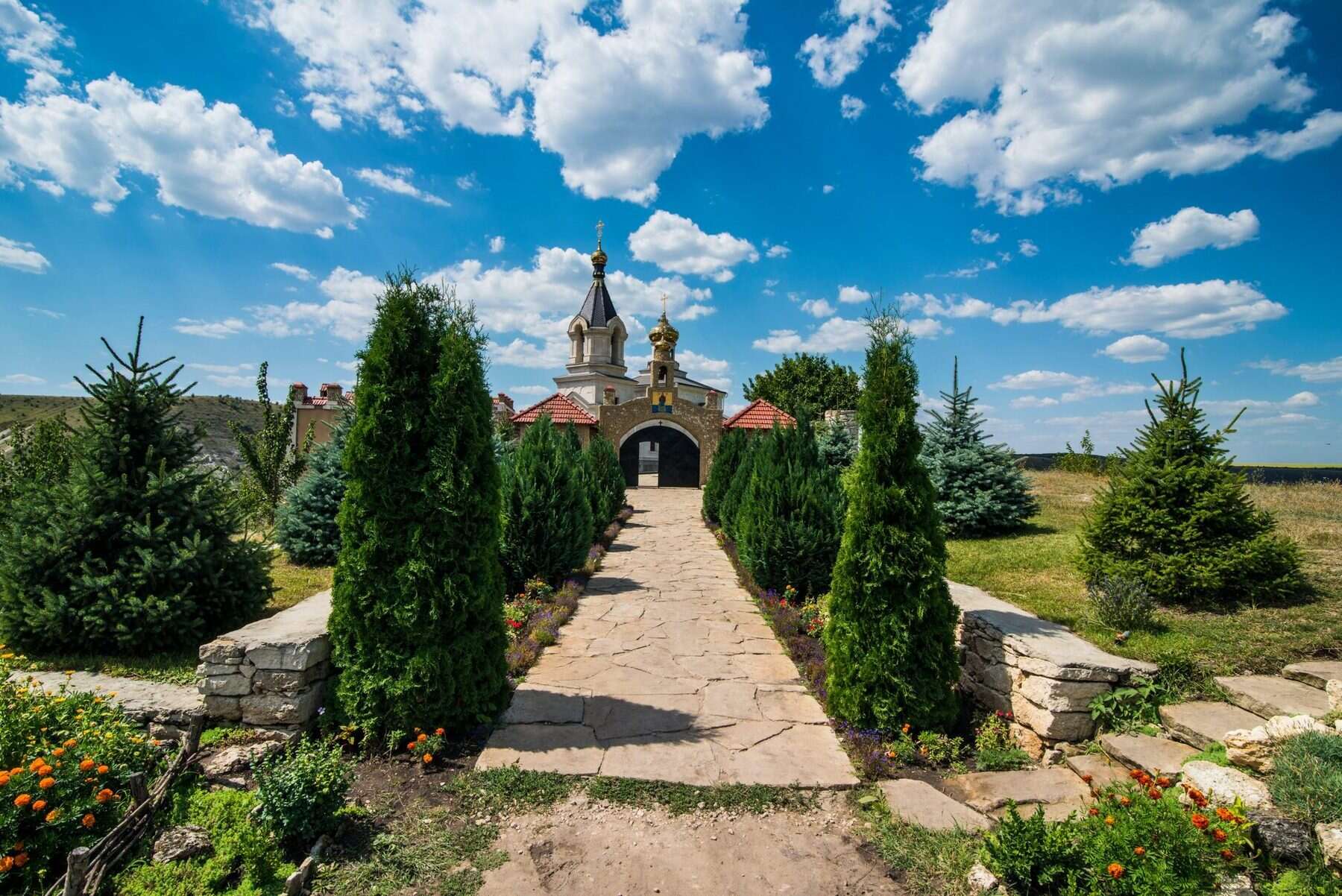
Moldova, a small landlocked country in Eastern Europe, often flies under the radar. Yet, this hidden gem boasts a rich tapestry of history, culture, and natural beauty. Did you know Moldova is home to some of the world's largest wine cellars? Or that it has a unique blend of Romanian and Russian influences? Chisinau, the capital, offers a mix of Soviet-era architecture and modern attractions. Moldova's landscapes range from rolling hills to lush vineyards, making it a paradise for nature lovers. Curious about the local cuisine? Expect hearty dishes like mamaliga and placinta. Whether you're a history buff, a foodie, or an adventurer, Moldova has something for everyone. Ready to uncover more about this fascinating country? Let's dive into 20 intriguing facts about Moldova!
Key Takeaways:
- Moldova, a former Soviet nation, is known for its rich wine-making tradition, stunning landscapes, and unique cultural festivals like M?r?i?or. Despite economic challenges, the country is striving for European integration and has a growing IT industry.
- With a diverse population and a strong tradition of handicrafts, Moldova celebrates its independence from the Soviet Union on August 27th. The country's vibrant culture, delicious cuisine, and ancient forests make it a fascinating destination to explore.
Moldova: A Land of Rich History
Moldova, a small country in Eastern Europe, boasts a fascinating history and vibrant culture. Here are some intriguing facts about this lesser-known nation.
-
Moldova was once part of the Soviet Union. It gained independence in 1991 after the dissolution of the USSR.
-
The official language is Romanian. Despite being a separate country, Moldovans speak Romanian, reflecting their shared cultural heritage with Romania.
-
Moldova has a rich wine-making tradition. With vineyards covering vast areas, it’s one of the world's top wine producers.
-
The country is home to the largest wine cellar in the world. Milestii Mici holds the Guinness World Record for its extensive wine collection.
-
Moldova's capital is Chisinau. This bustling city is the cultural and economic heart of the country.
Natural Beauty and Unique Landscapes
Moldova's landscapes are diverse, offering everything from rolling hills to dense forests. Here are some natural wonders you might not know about.
-
The Codrii Forest is one of the oldest in Europe. This ancient forest is a haven for wildlife and a popular spot for nature lovers.
-
Moldova has no coastline. It’s one of the few European countries without access to the sea.
-
The Dniester River is a major waterway. Flowing through Moldova, it’s vital for agriculture and transportation.
-
Orheiul Vechi is a stunning archaeological complex. This site features ancient cave monasteries and ruins dating back to the 10th century.
-
The country experiences a continental climate. Summers are warm and winters can be quite cold, making for a varied climate throughout the year.
Cultural Riches and Traditions
Moldova's culture is a blend of various influences, creating a unique tapestry of traditions and customs.
-
M?r?i?or is a beloved spring festival. Celebrated on March 1st, people exchange red and white trinkets to welcome spring.
-
Moldovan cuisine is hearty and flavorful. Dishes like m?m?lig? (cornmeal porridge) and sarmale (stuffed cabbage rolls) are staples.
-
Folk music and dance are integral to Moldovan culture. Traditional performances often feature lively dances and intricate costumes.
-
The country has a strong tradition of handicrafts. Pottery, weaving, and wood carving are popular artisanal crafts.
-
Moldova celebrates Independence Day on August 27th. This national holiday marks the country's independence from the Soviet Union.
Modern Moldova: Economy and Society
Despite its small size, Moldova has a dynamic society and economy. Here are some facts about contemporary Moldova.
-
Agriculture is a key sector. The fertile soil supports a variety of crops, including grapes, sunflowers, and wheat.
-
Moldova has a growing IT industry. The tech sector is expanding, with many startups and tech companies emerging.
-
The country faces economic challenges. Moldova is one of Europe's poorest countries, with many people living below the poverty line.
-
Moldova has a diverse population. Various ethnic groups, including Ukrainians, Russians, and Gagauz, contribute to the country's cultural mosaic.
-
The country is striving for European integration. Moldova has signed agreements with the European Union, aiming for closer ties and eventual membership.
Moldova's Hidden Gems
Moldova, often overlooked, holds a treasure trove of unique facts. From its rich wine culture to the mysterious Orheiul Vechi, this small country packs a punch. The Mile?tii Mici wine cellar, the largest in the world, showcases Moldova's deep-rooted viticulture. Meanwhile, the Cricova winery boasts an underground city of wine. Moldova's language and culture reflect its diverse history, blending Romanian, Russian, and Gagauz influences. The Transnistria region adds a layer of intrigue with its unrecognized status. Moldova's natural beauty, including the Codrii forest and Nistru River, offers stunning landscapes. Despite its size, Moldova's festivals, cuisine, and hospitality leave a lasting impression. Whether you're a history buff, wine enthusiast, or nature lover, Moldova has something special. Next time you're planning a trip, consider exploring this hidden gem. Moldova's charm and rich heritage are waiting to be discovered.
Frequently Asked Questions
Was this page helpful?
Our commitment to delivering trustworthy and engaging content is at the heart of what we do. Each fact on our site is contributed by real users like you, bringing a wealth of diverse insights and information. To ensure the highest standards of accuracy and reliability, our dedicated editors meticulously review each submission. This process guarantees that the facts we share are not only fascinating but also credible. Trust in our commitment to quality and authenticity as you explore and learn with us.


